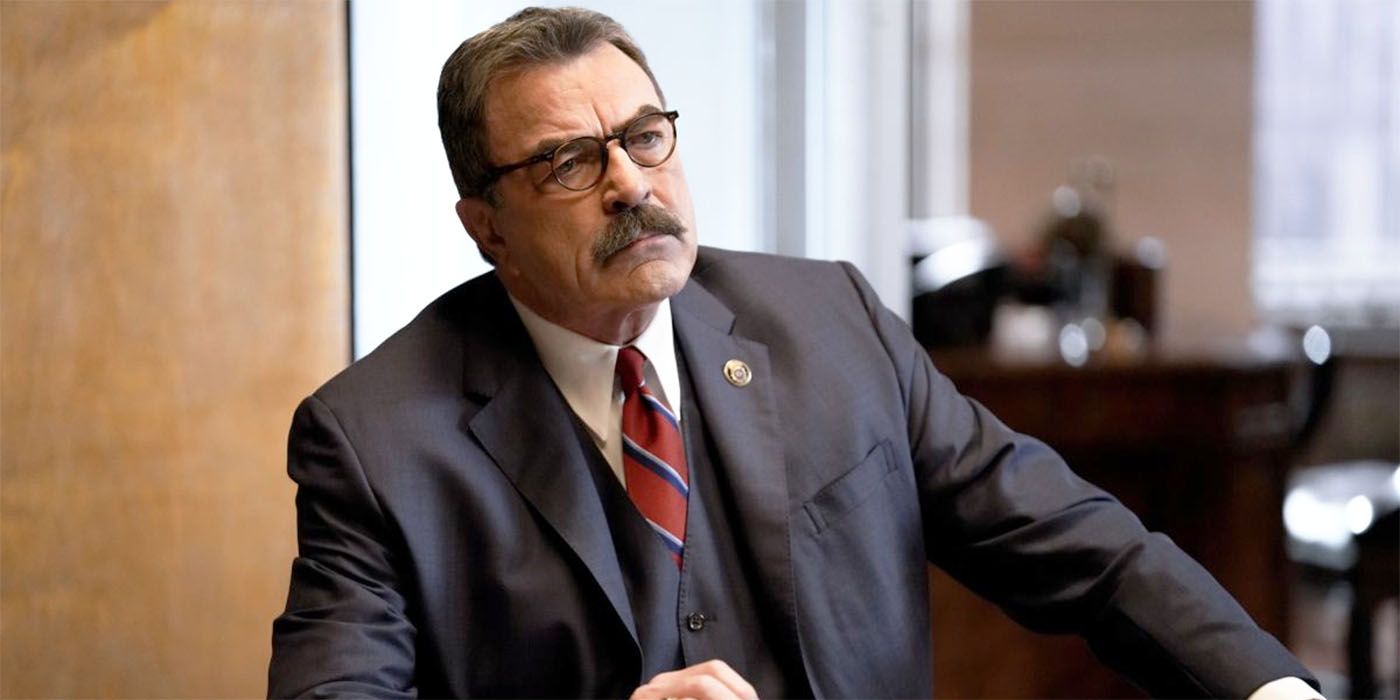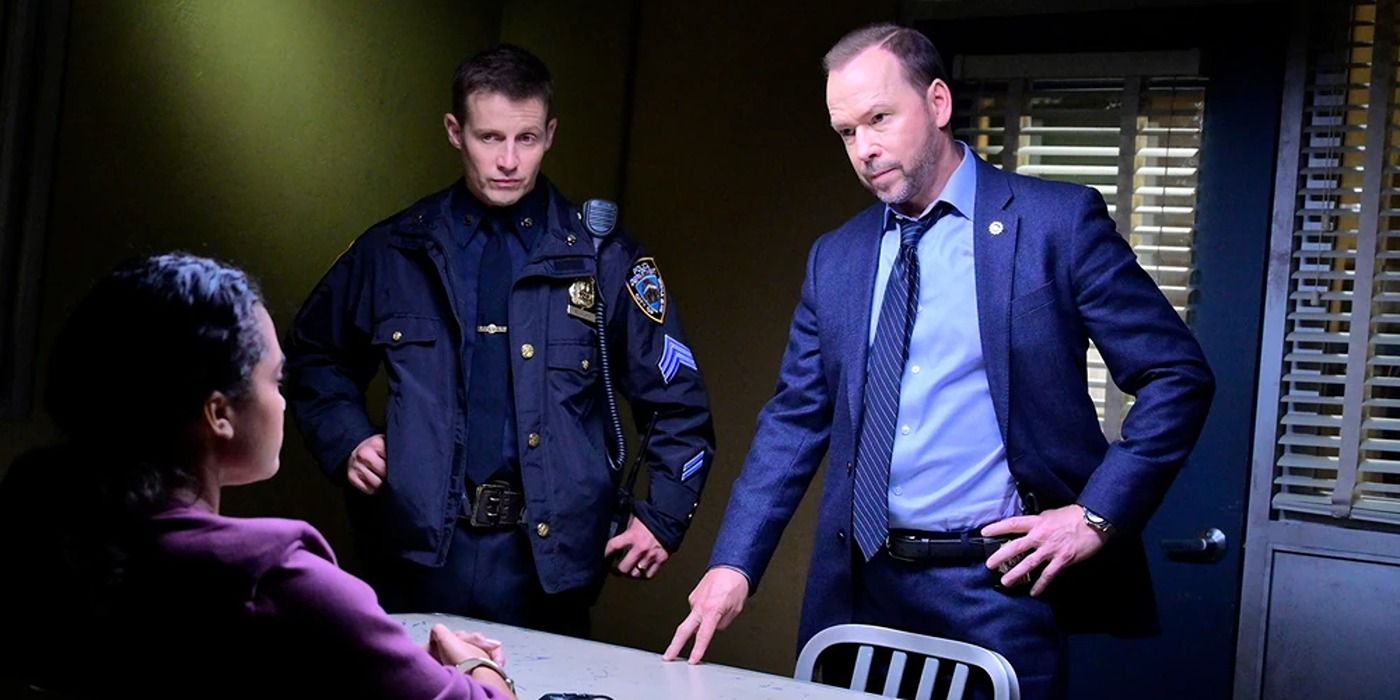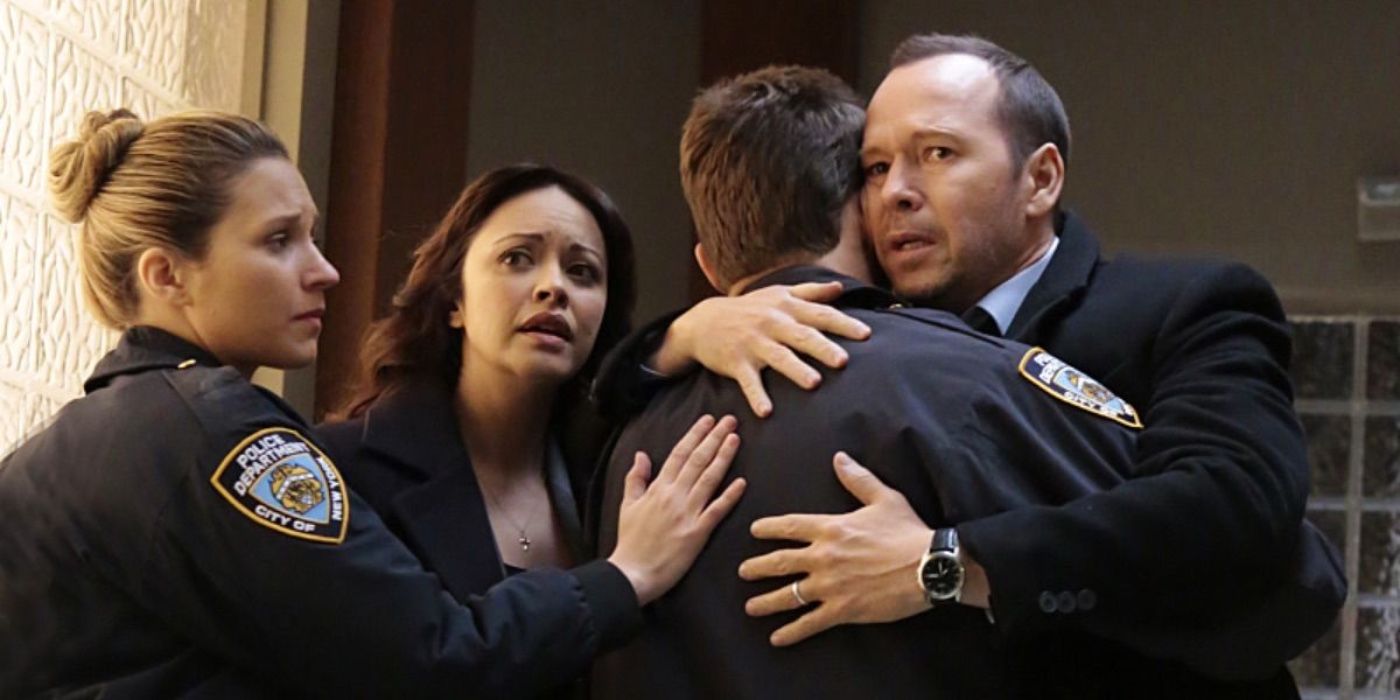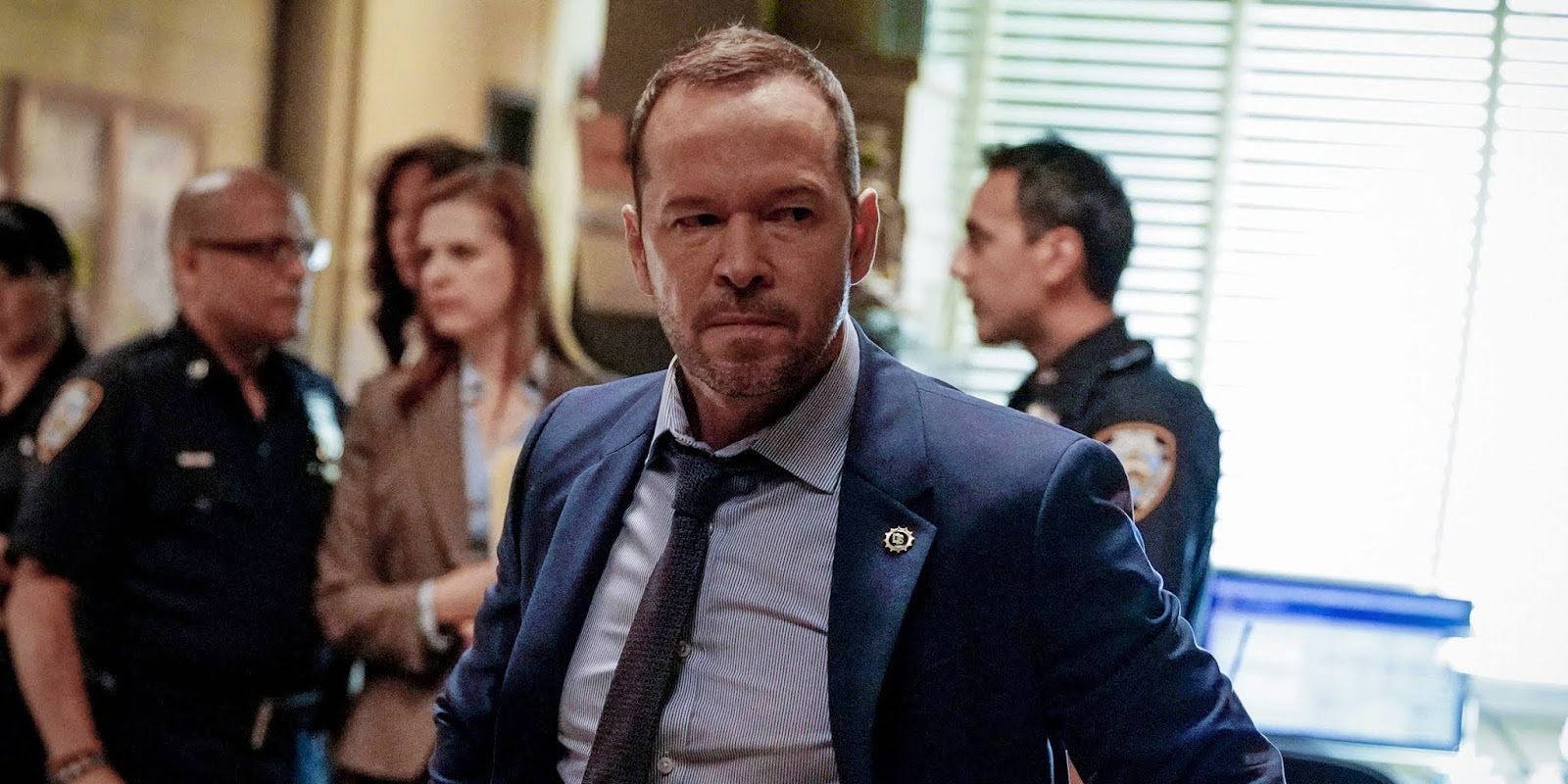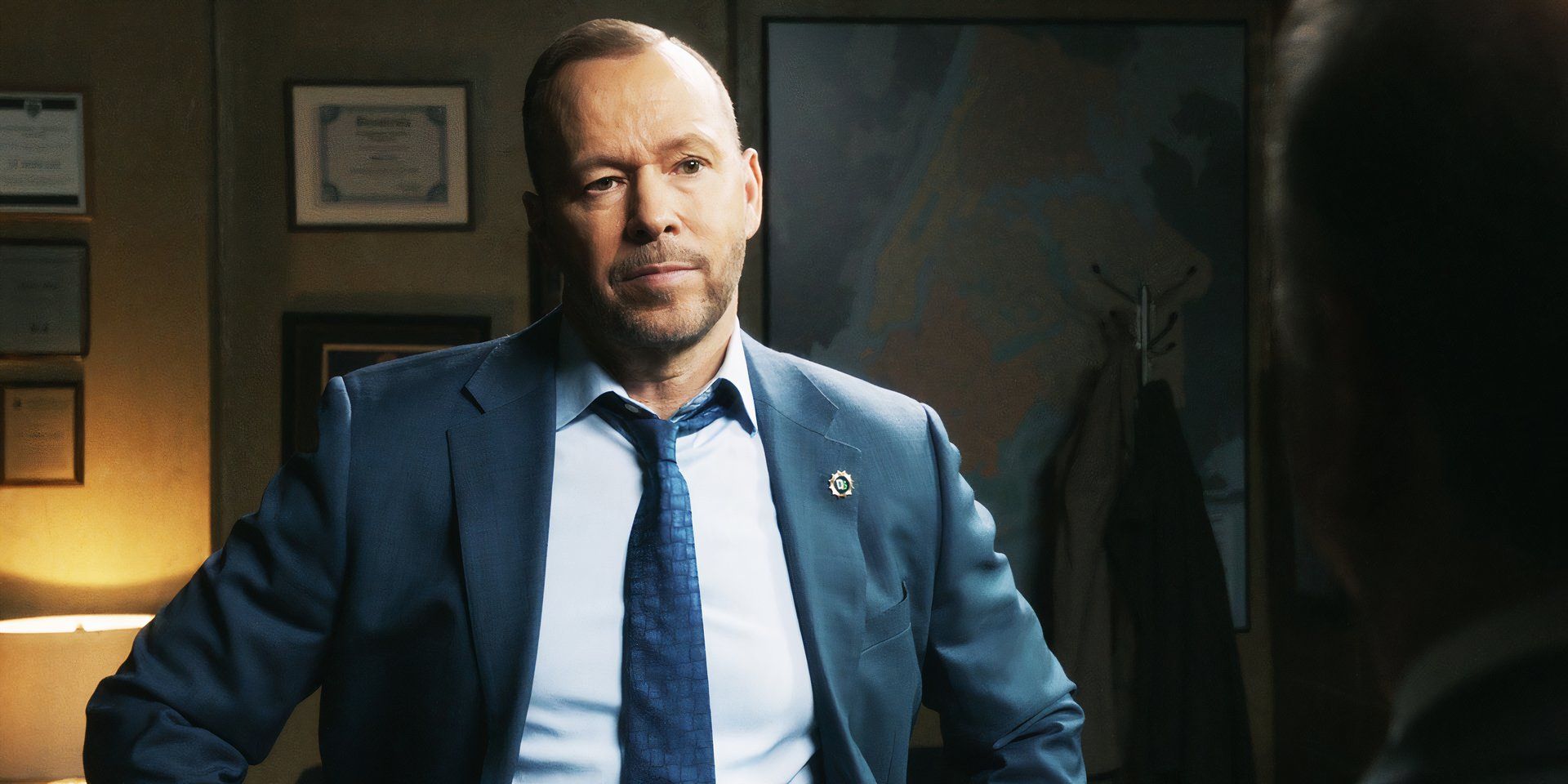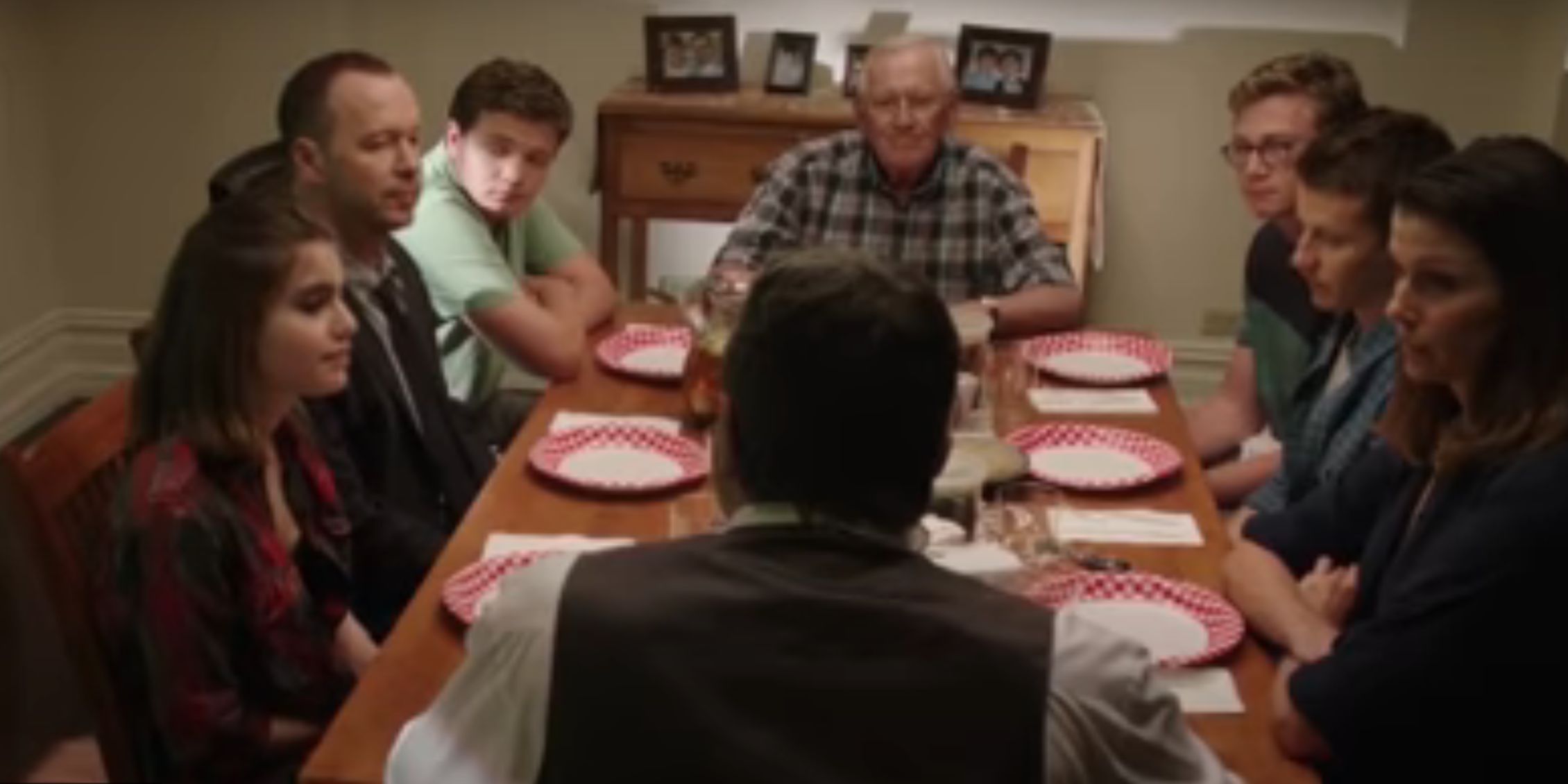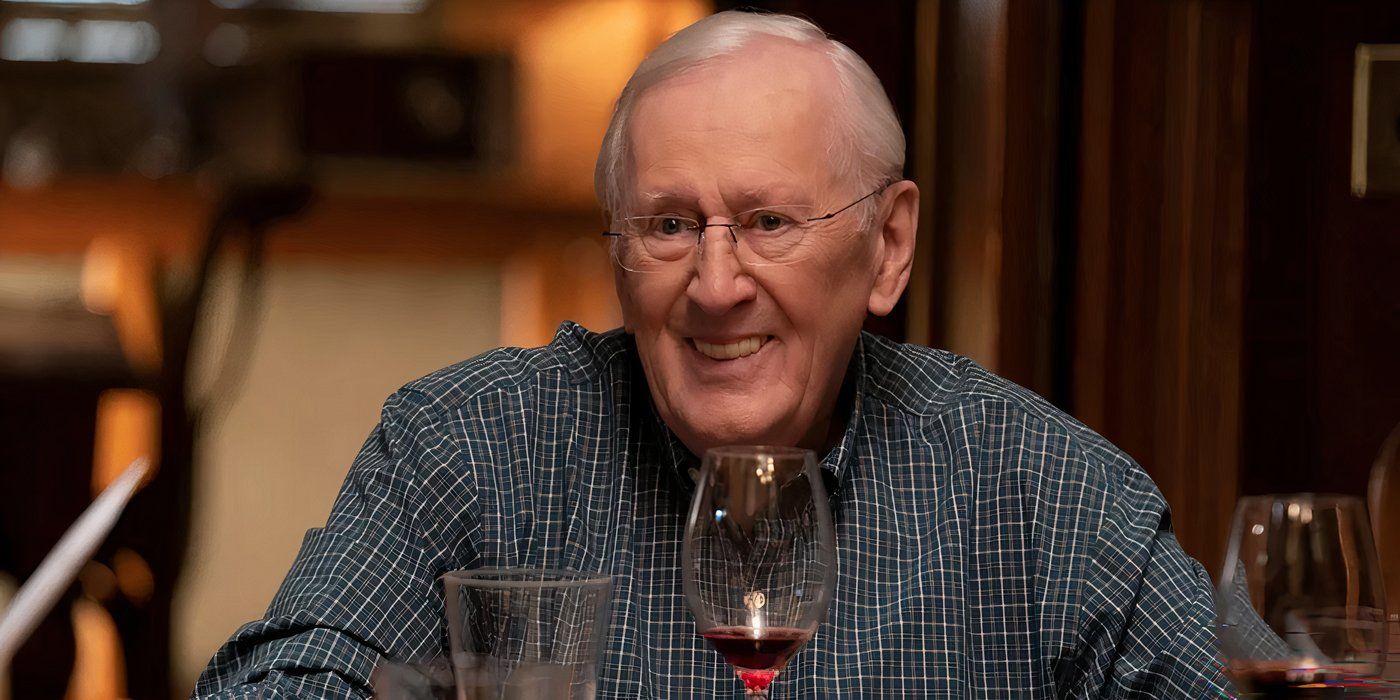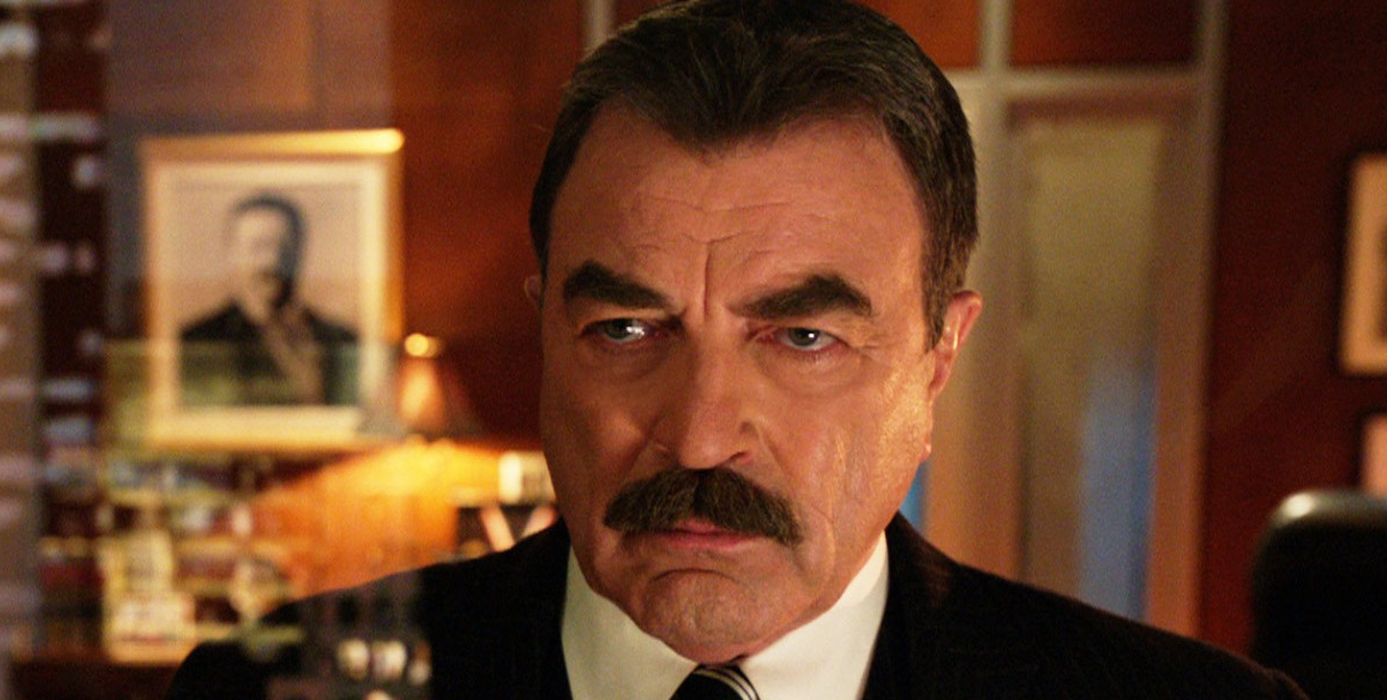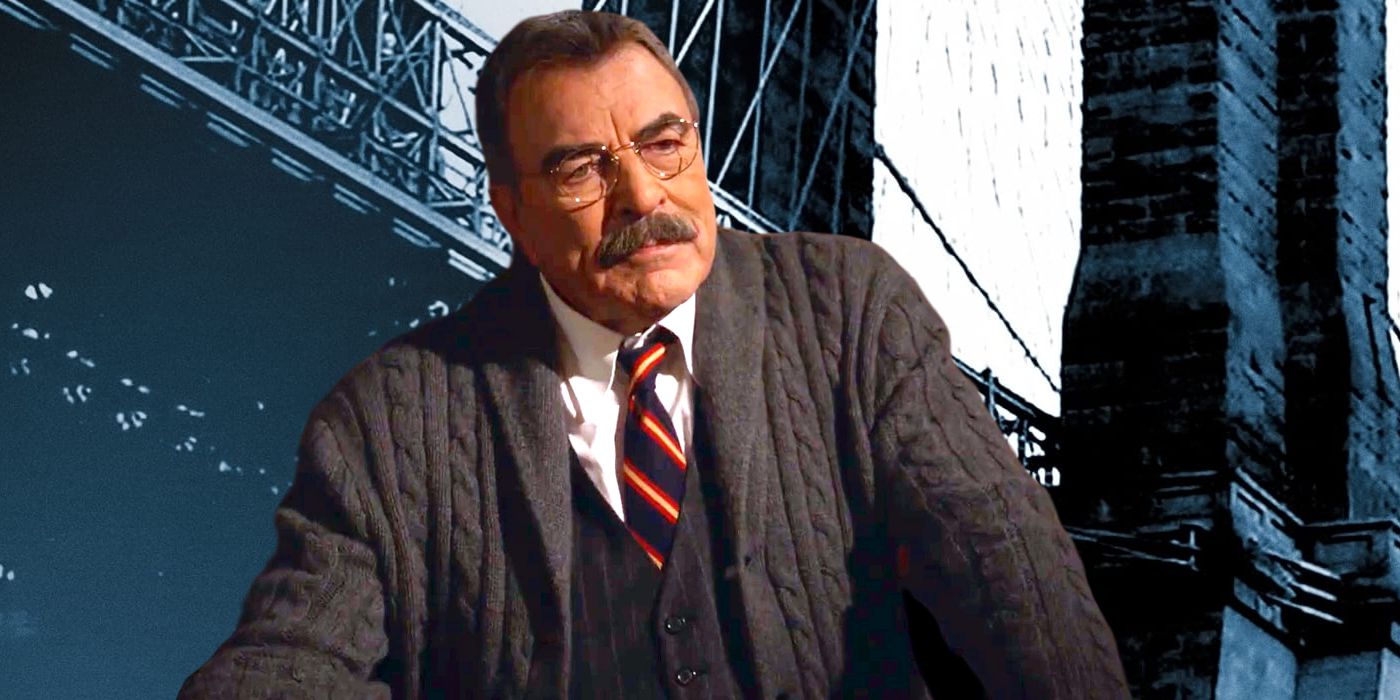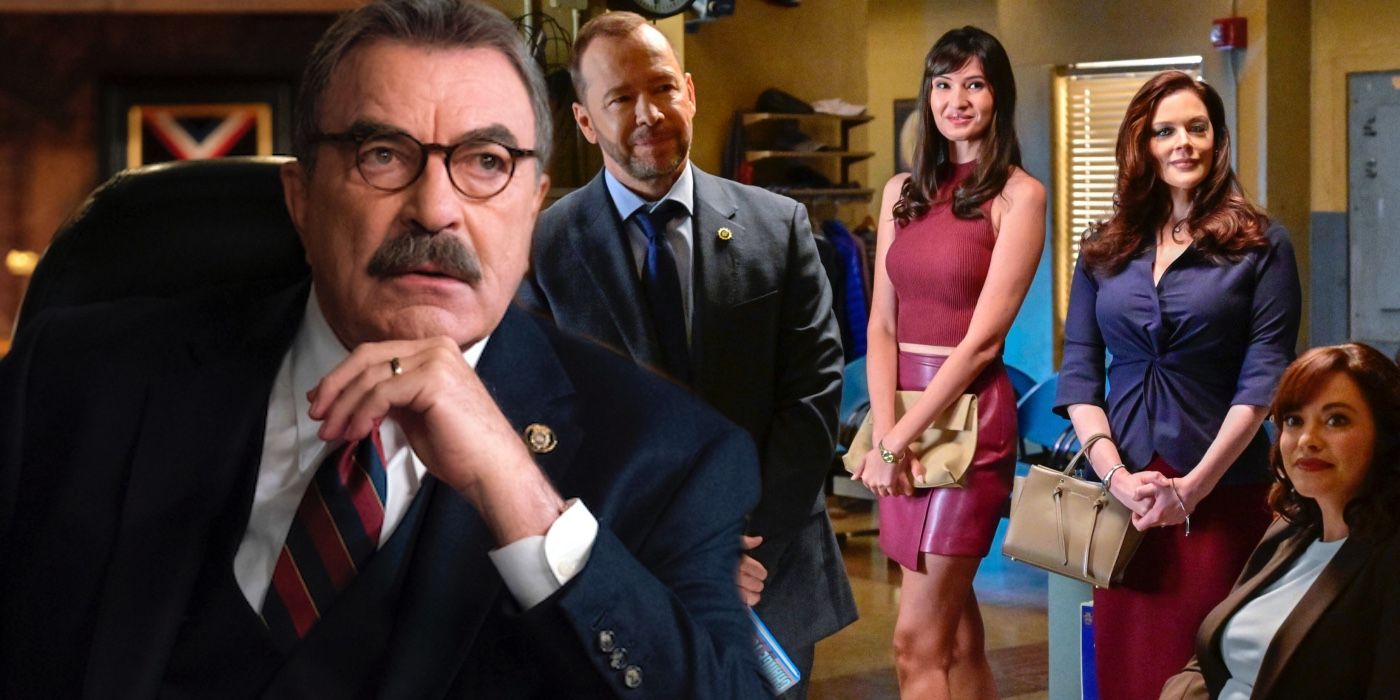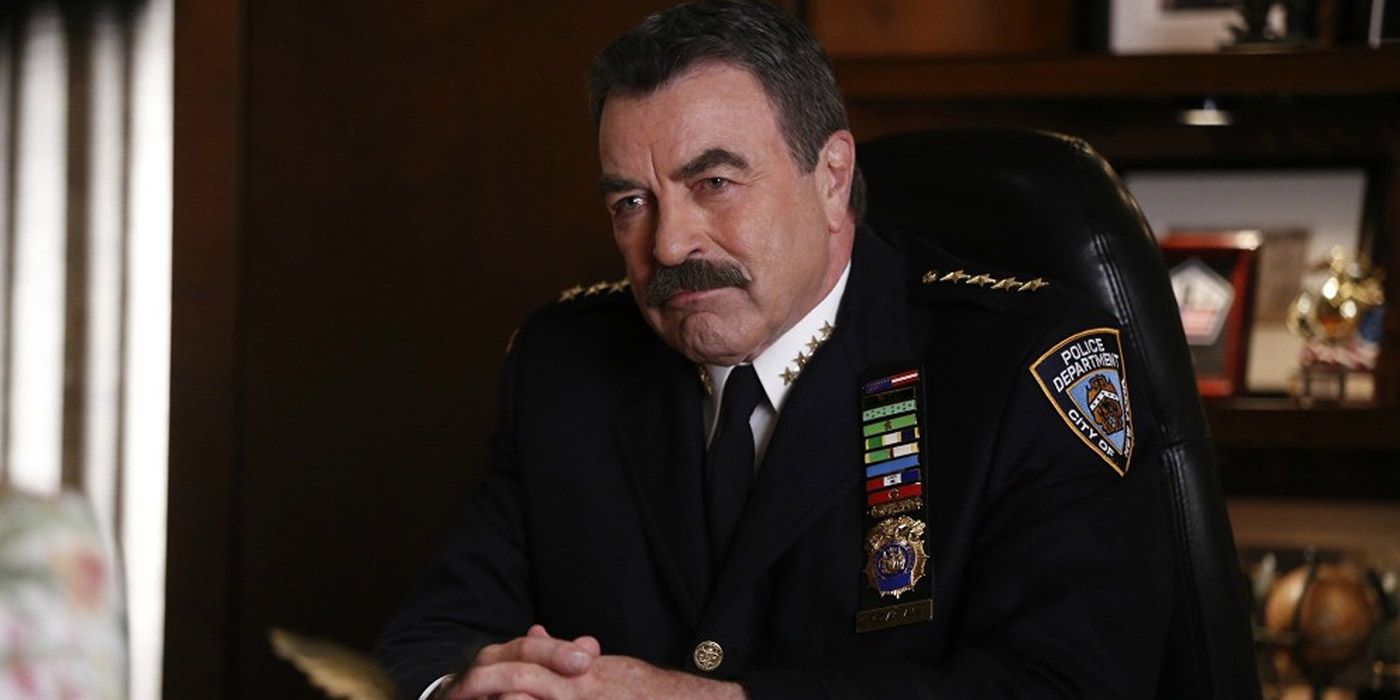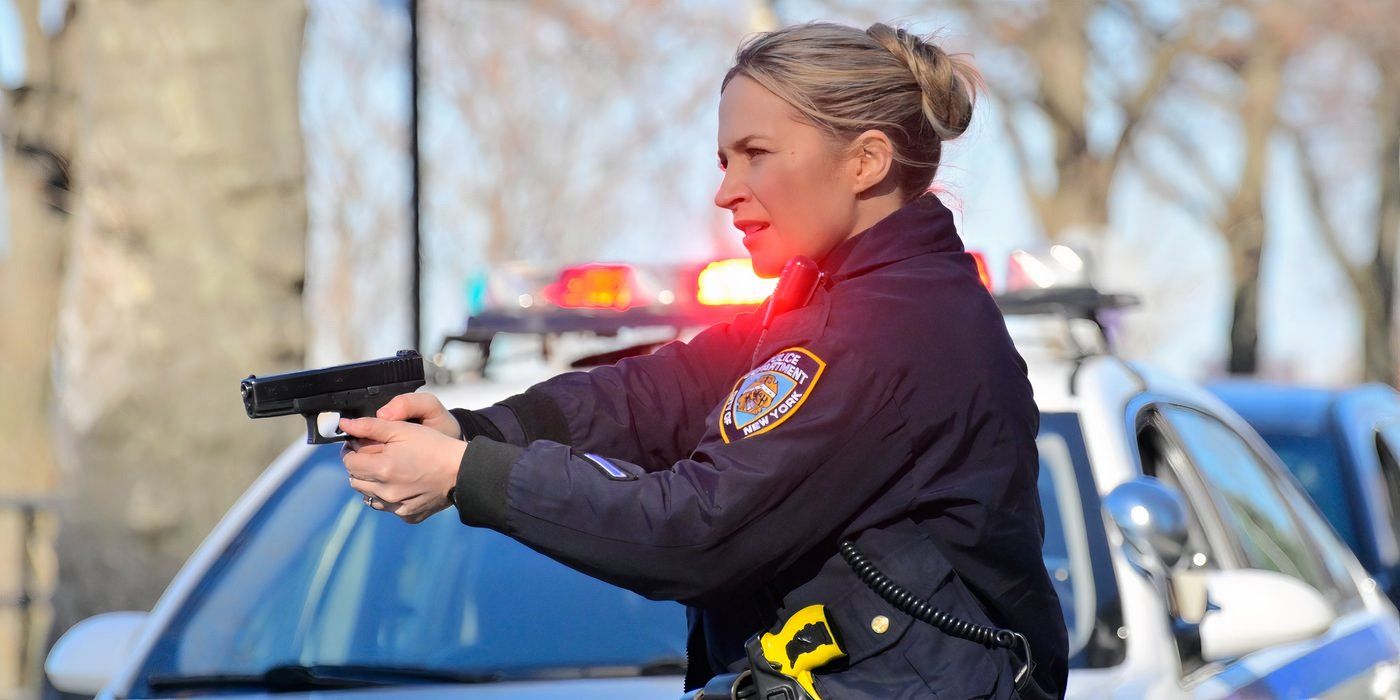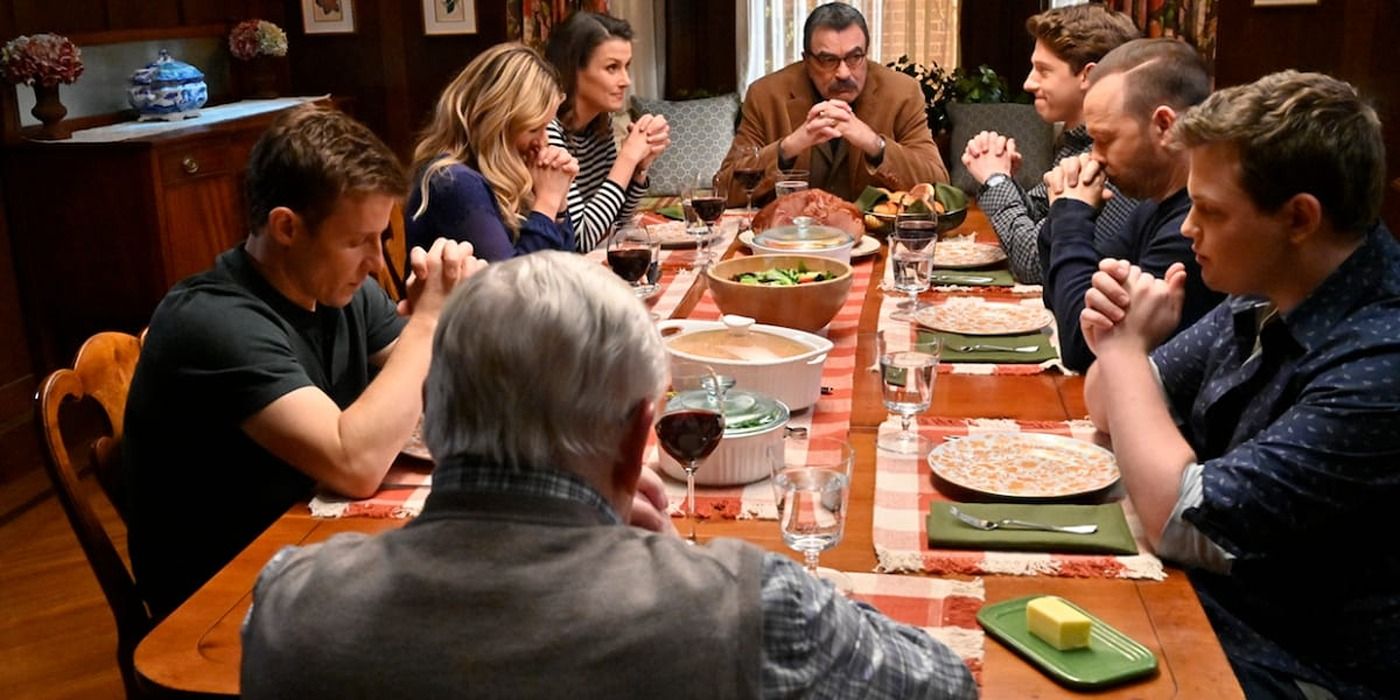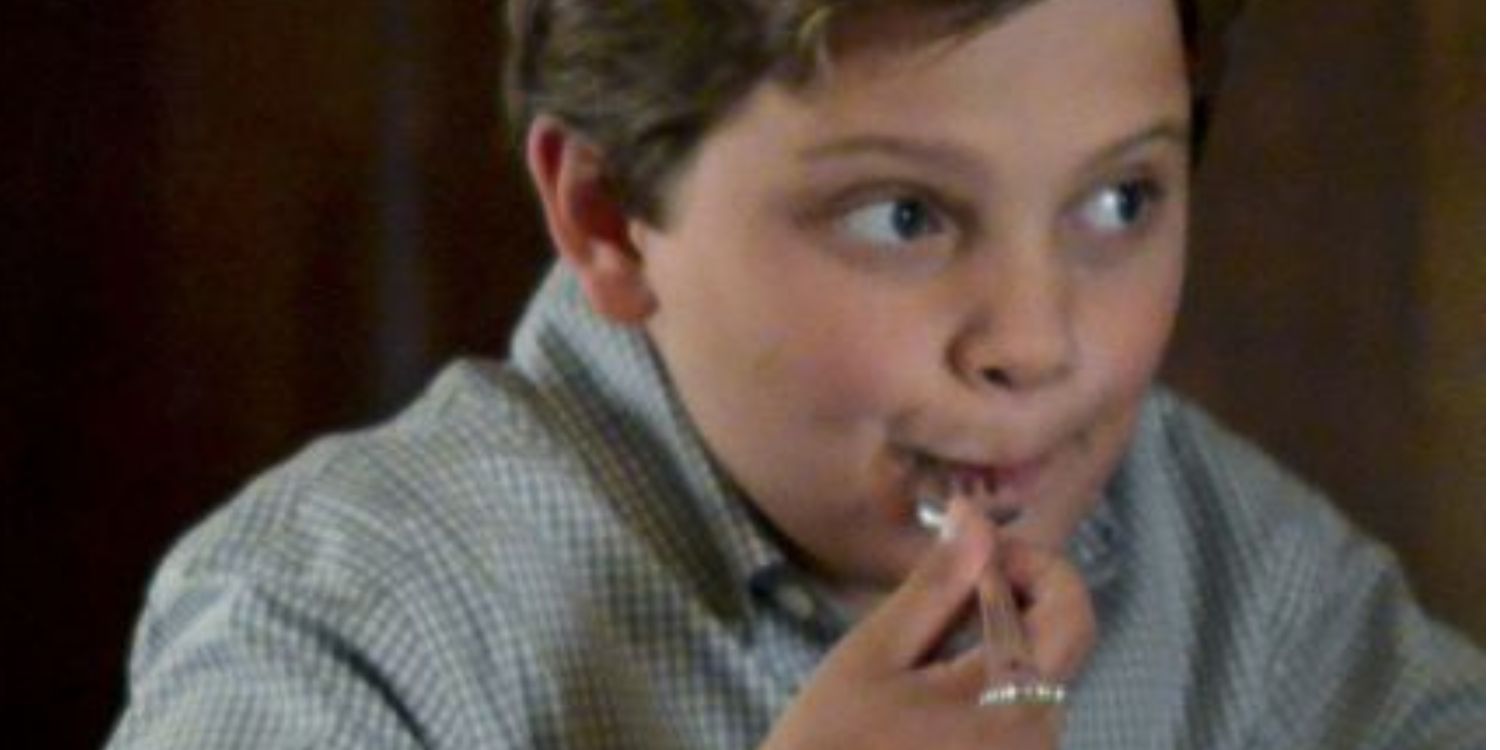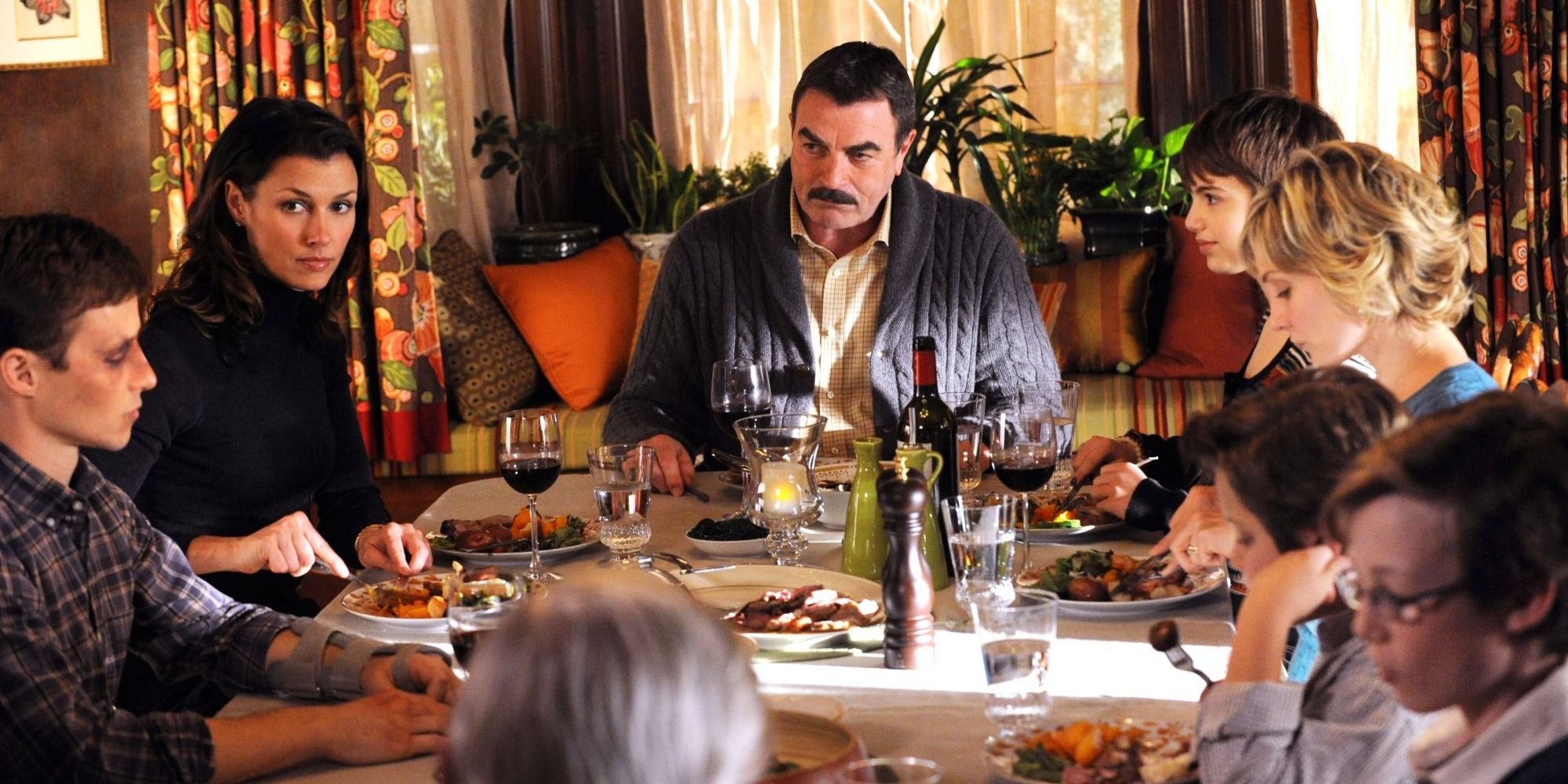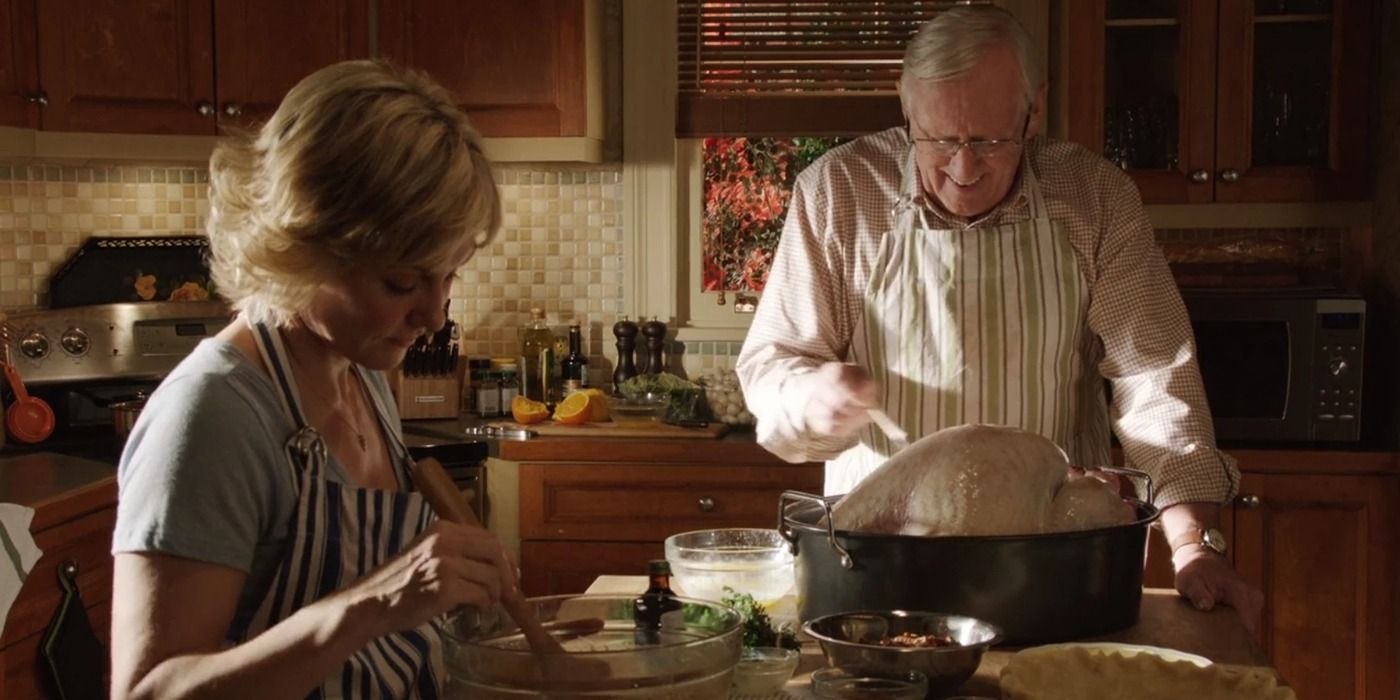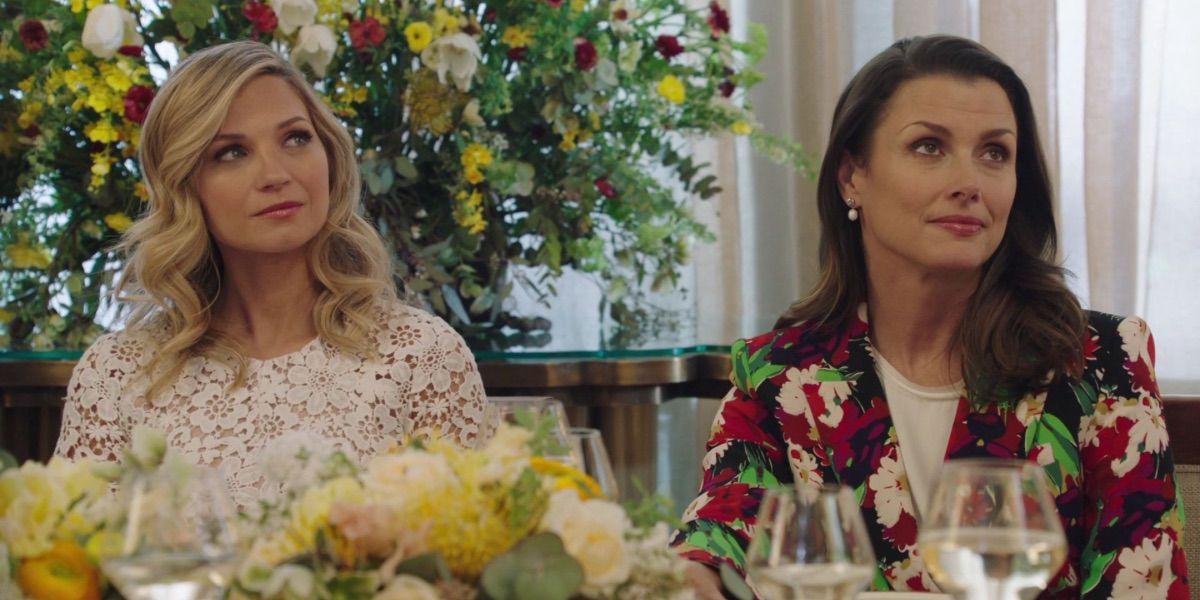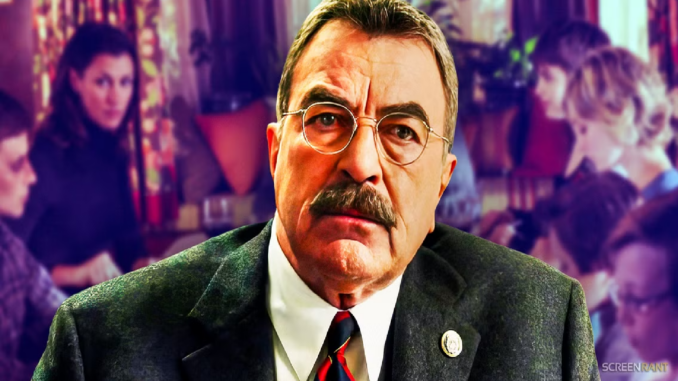
7. Blue Bloods Will Just Miss The 300-Episode Milestone
It Seems Cruel Not To Give It An Extension Of A Few Episodes
Blue Bloods will have 293 episodes under its belt when it wraps up, which puts it within striking distance of 300. It’s heartbreaking not to be able to celebrate the major milestone before the series goes off the air, especially because it is so close and the series continues to be popular. CBS would not have had to agree to a much larger episode in order to accomplish this, either, which makes it doubly frustrating.
Thus, CBS could have labeled those first 10 episodes a shortened season 14 and ordered an additional seven episodes for the second half of the 2024-2025 year and called it a farewell season. This hypothetical season 15 would have allowed Blue Bloods to reach the 300-episode milestone, which would have softened the blow of it going off the air.
6. There’s Still So Much Passion For Blue Bloods
The Cast And Crew Are As Eager To Continue As The Audience Is
Blue Bloods’ loyal cast and crew are a testament to how special this show is. After fourteen years, most shows would have only one or two original cast members left, but the ensemble has lost only three members over the years, not counting some recurring actors who have unfortunately passed away. The Blue Bloods cast is passionate about the series continuing. They even took a pay cut to get season 14 made (via THR). Meanwhile, Donnie Wahlberg and Tom Selleck have been vocal about their desire for the show to continue.
The actors’ love of their characters and respect for their audience has helped make Blue Bloods a fan favorite, which makes it all the more devastating that the series is ending prematurely.
That type of dedication is rare. It also shines through every episode of the series; regardless of what stories they are playing, these actors bring their A-game. The actors’ love of their characters and respect for their audience has helped make Blue Bloods a fan favorite, which makes it all the more devastating that the series is ending prematurely.
5. Blue Bloods Appeals To A Wide Variety of People
It Is Popular Among People Of All Political Stripes And Social Classes
Blue Bloods appeals to a wide variety of people for different reasons. One segment of its audience loves it for its respectful depiction of law enforcement and the political issues police officers face, while others enjoy the case-of-the-week aspect. That said, one would be hard-pressed to find anyone who doesn’t embrace its focus on family and Blue Bloods’ iconic Reagan family dinners, which are the cornerstone of each episode. This makes it all the more impressive.
4. Blue Bloods Leaves The Audience With More Questions Than Answers, & That’s Great
It Doesn’t Tell The Audience What To Think About The Issues The Characters Face
If Frank or Erin objects to a policy, it’s because that is true to who they are as a character, which is a striking difference from many shows. The writers are careful not to insert their own opinions into the story, which allows Blue Bloods‘ audience to draw their own conclusions about bail reform, officer-involved shootings, and other issues that occur in the real world of law enforcement. Additionally, characters who have a different point of view are depicted realistically rather than being demonized, which is a refreshing change from the way many television series handle these types of issues.
3. Blue Bloods Often Focuses On Ethical Dilemmas
Tom Selleck’s Frank Reagan Lives By A Strict Moral Code
Frank’s commitment to personal integrity makes him a complex character who will be sorely missed once Blue Bloods ends. His determination is sometimes mistaken for stubbornness or lack of empathy, and his kids sometimes feel they are being held to too high a standard when he disciplines them for breaches of police protocol. This emphasis on integrity makes him a unique character that will be difficult for any other series to replicate.
2. Blue Bloods Depicts Police Differently Than Most Other Procedurals
One Of The Series’ Goals Is To Show The NYPD In A Realistic Light
Many of the shows similar to Blue Bloods depict police officers heroically, but they aren’t nearly as realistic. Blue Bloods has a retired NYPD officer advising the writers so that the series can be as accurate as possible, and it seeks to show the NYPD, and by extension police in general, in a positive light without shying away from issues in policing. Thus, it neither makes cops into saints nor demonizes them, something which is unusual on television.
Many police procedurals have touched upon some of these subjects, especially officer-involved shootings. However, Blue Bloods has offered multiple perspectives on the issues rather than writing such stories in a one-sided manner. This practice allows the series to educate the public on the police department’s perspective on these issues while entertaining them, and it’s a shame to lose that voice when it is not often included on television.
1. Blue Bloods Is One Of The Last Family Dramas On Television
Series That Focus On Families Are In Short Supply
Blue Bloods’ emphasis on family is one of the strongest reasons for its popularity, especially when the television landscape is full of police and medical procedurals rather than family dramas. The Reagan family’s relationships are at the heart of the series, with members turning to each other for support and advice as well as coming together every Sunday for dinner together no matter what is going on in their lives. Those family connections have unfortunately become rarer both in real life and on television, and Blue Bloods is one of the last series to center family relationships.
